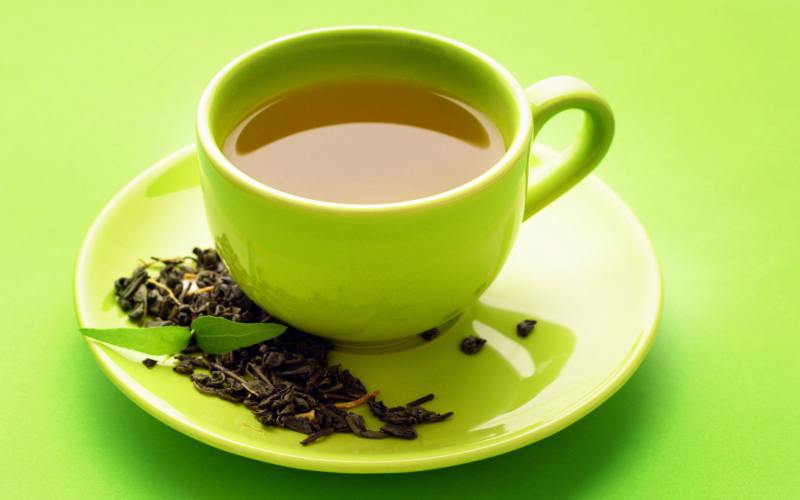Green tea
The leaves of the Camellia sinensis plant are used to make green tea. It has been utilized for ages in a range of traditional medical procedures due to its extensive pharmacological potential. Polyphenols are a class of plant chemicals that are abundant in green tea and are well-recognized for their potent antibacterial and anti-inflammatory properties. In test-tube studies, the green tea ingredient epigallocatechin (EGC) has shown strong antibacterial activity against E. coli strains that can cause urinary tract infections (UTIs). According to several studies conducted on animals, certain common antibiotics used to treat UTIs may work more effectively when used with green tea extracts that include EGC. However, there isn't enough human research to determine if green tea may treat and prevent UTIs.
A brewed cup of green tea (240 mL) has around 150 mg of EGC in it. Although this notion hasn't been tested in humans yet, current research suggests that as little as 3-5 mg of EGC may be sufficient to help limit bacterial growth in the urinary tract. Most individuals may safely consume green tea in moderation. But coffee naturally includes caffeine, which can cause restlessness and poor sleep. Additionally, if you have an active UTI, taking coffee may make your physical symptoms worse. As a result, you might want to use decaffeinated green tea items. Although liver problems have been related to high doses of green tea extract supplements, it is unknown if the supplements themselves are to blame.








